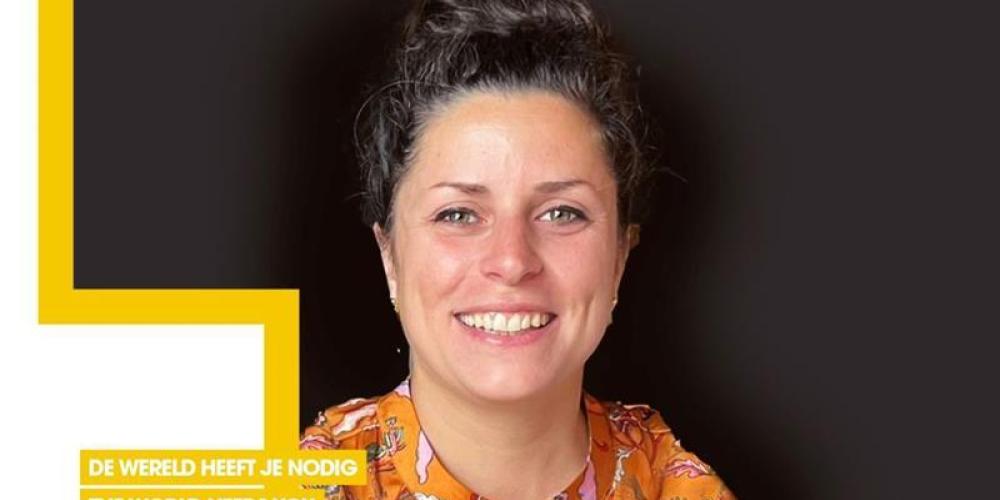
Pride is the annual celebration of the LGBTQAI+ community and the fight for equal rights. Besides the colourful parades and festive atmosphere, it also provides a platform to raise awareness of the ongoing challenges faced by LGBTQAI+ individuals. Scientific research has played a crucial role in understanding and addressing these challenges, ranging from workplace discrimination to mental health issues. It’s therefore important to recognise contributions from scientific research.
As attitudes towards LGBTQAI+ people continue to evolve, it is increasingly important for advertisers to think about how to effectively reach this diverse community. Rein Demunter, PhD student and teaching assistant at VUB and a member of the research group Echo, is taking up this challenge. Her research examines how different sub-segments within the LGBTQ+ community receive targeted advertising. By examining the diversity of perceptions, her work, as well as providing insights into more effective communication and advertising strategies for reaching LGBTQ+ individuals, aims to push forward the social relevance of this form of advertising.
Hi Rein, can you briefly explain what your research is about?
My PhD research focuses on how LGBTQ+ people evaluate gay-themed advertising and how these evaluations are related to the social context in which they live and receive these ads. By approaching the topic from the point of view of LGBTQ+ individuals, while taking into account the diversity within the LGBTQ+ community, I seek to uncover the social role that gay-themed advertising can play and how it can be as inclusive as possible.
What do you think are the opportunities and difficulties of conducting research on socially challenging topics? How do you position yourself as a researcher?
In relation to my specific research focusing on LGBTQ+ individuals, it is both a difficulty and an opportunity to give a voice to everyone within the community. Being very aware as a researcher that the LGBTQ+ community is not a homogeneous group, I try to pay sufficient attention to this in my research. This way, it also highlights the often underexposed heterogeneity of the LGBTQ+ community.
Why do you think it is important to research this in terms of inclusion, equality and diversity?
First of all, I believe very strongly in the social importance of scientific research on minorities, including sexualities. Substantiated knowledge really drives awareness and – hopefully – real change in society. In my opinion, the importance of LGBTQ+ representation in advertising is still not highlighted enough, even in scientific literature. When it comes to films and TV shows, people have the option to deliberately avoid LGBTQ+ representation. Advertising, on the other hand, is almost impossible to escape, so it reaches a large and diverse group of people. This is precisely why advertising can play an important role in acceptance and self-acceptance of LGBTQ+ individuals.
What are the main findings that emerged from your research? What can we as viewers do to be more aware of this kind of advertising?
LGBTQ+ individuals value the social impact of advertisements that approach them inclusively. Advertisers can make an important contribution to an inclusive society by showing this in their advertisements. Recognition, the right to be yourself, normalisation and inclusion in mainstream society are essential factors for LGBTQ+ individuals in evaluating different forms of gay-themed advertising. The difference in preference between subtle and explicit forms of gay-themed advertising depends heavily on the individual and social context of LGBTQ+ people. Here, questions such the levels of tolerance in the country where the ad is shown and the recipient’s personal experiences play an important role. So it’s important for advertisers to first properly evaluate the society in which they want to advertise.
Our role as spectators? This form of advertising should not be gratuitous, so, as spectators of this advertising, we should always remain sufficiently critical of pinkwashing. Furthermore, I feel that as audiences, we can only embrace and even welcome the increasing
*Pinkwashing is the practice of companies or organizations using support for LGBTQ+ rights as a marketing tactic without actually implementing changes to support the community.